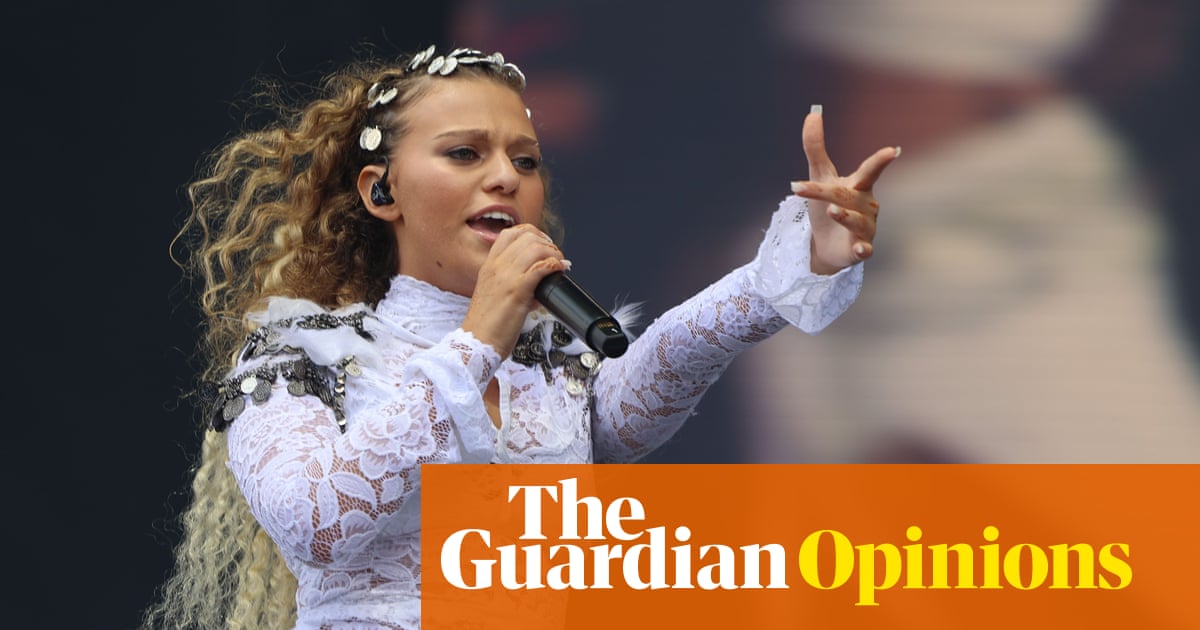
"He offered the BBC the rights to broadcast it live, but the corporation was nervous. Mandela had been in jail since 1962 and, to the extent that he was a well-known figure, he had been branded a terrorist. Hollingsworth met BBC executive Alan Yentob, who was wavering. Alan, Tony said, you've got to bite the bullet. Eventually Yentob agreed, replying: I'll give you five hours. If the bill improves, I'll increase the time."
"Opponents of Mandela's African National Congress (ANC) were right to be worried about the concert. The event was broadcast to a global audience of 600 million people, it made Mandela a household name around the world and, in all probability, hastened his release. Oliver Tambo, then president of the ANC, told Hollingsworth the concert was the greatest single event we have undertaken in support of the struggle."
"The concert worked because, then as now, politics sits downstream of culture. The stories we tell ourselves and each other are how we develop and share our feelings about this world and other possible worlds. This gives our storytellers writers, musicians, artists, actors incredible power to shape the space in which politicians are able to operate. Which brings us to Gaza."
In summer 1988 a concert at Wembley celebrated Nelson Mandela's 70th birthday and was organized by Tony Hollingsworth. The BBC hesitated to broadcast live because Mandela had been imprisoned since 1962 and was widely branded a terrorist. BBC executive Alan Yentob initially limited coverage to five hours before expanding time. The broadcast reached roughly 600 million viewers, raised Mandela's international profile, and likely accelerated his release. Oliver Tambo described the event as the greatest action undertaken in support of the struggle. Cultural storytelling shapes public feelings and political space, and media images have been central to the Israeli–Palestinian conflict.
Read at www.theguardian.com
Unable to calculate read time
Collection
[
|
...
]